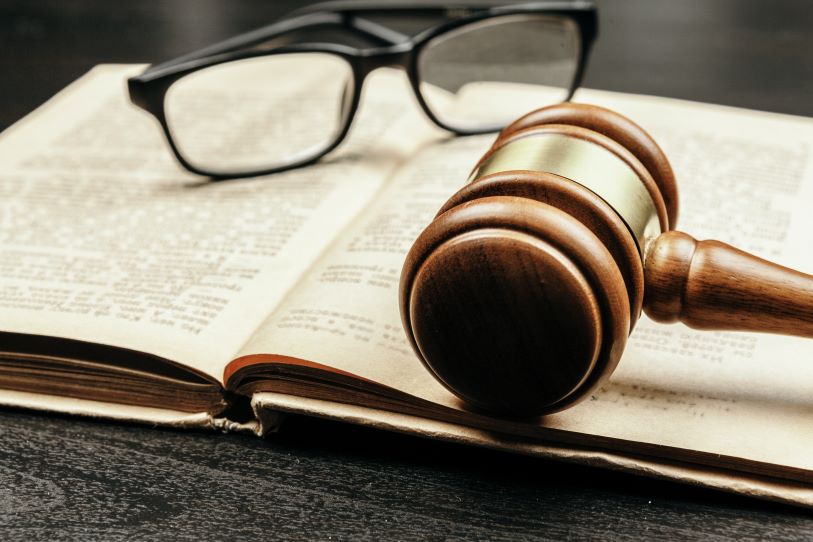
Navigating the complex world of personal injury law can be daunting, especially when faced with a barrage of unfamiliar terms. This guide aims to demystify some of the most common personal injury terms, providing a clear understanding of their meanings and relevance in the legal process.
The Basics: Negligence and Liability
Negligence: This is the cornerstone of many personal injury cases. It refers to the failure to exercise reasonable care, which results in harm to another person. To prove negligence, the injured party must demonstrate that the defendant owed them a duty of care, breached that duty, and that the breach directly caused their injuries.
Liability: This term refers to the legal responsibility for causing harm to another person. When someone is found liable for a personal injury, they are typically required to compensate the injured party for their damages.
Types of Damages
Compensatory Damages: These are intended to reimburse the injured party for their loses, and may include such things as:
Medical Expenses
Lost Wages
Pain and Suffering
Property Damage
Punitive Damages: These are awarded in rare cases where the defendant’s conduct was particularly egregious or outrageous. Punitive damages are intended to punish the defendant and deter similar behavior in the future.
Economic Damages: These are damages that can be easily calculated, such as medical bills and lost wages.
Non-Economic Damages: These are damages that are more difficult to quantify. For example:
Pain and Suffering
Emotional Distress
Loss of Consortium
The Legal Process
Statute of Limitations: This is the time limit within which a personal injury lawsuit must be filed. The statute of limitations varies from state to state, so it is crucial to consult with a personal injury attorney as soon as possible after the incident.
Settlement: This is an agreement between the injured party and the defendant to resolve a personal injury case without going to trial. Settlements can be negotiated directly between the parties or through their attorneys.
Trial: If a settlement cannot be reached, the case will go to trial. At trial, a jury or judge will decide whether the defendant is liable and how much compensation the injured party should receive.
Appeal: After a trial, either party may have the right to appeal the verdict to a higher court.
Working with a Personal Injury Attorney
Contingency Fee Agreement: This is a common arrangement in personal injury cases where the attorney received a percentage of the settlement or verdict as payment if the case is successful. If the case is unsuccessful, the attorney typically does not charge any fees.
Client-Attorney Privilege: This is the legal protection that ensures that communication between a client and their attorney is confidential.
Discovery: This is the process of gathering information and evidence before a trial. Discovery can include depositions, interrogatories, and requests for documents.
Additional Terms
Assumption of Risk: This defense is used when the injured party voluntarily assumed the risk of harm.
Comparative Negligence: This doctrine allocates fault and damages based on the percentage of negligence of each party involved in the incident.
Product Liability: This refers to the legal responsibility of manufacturers and sellers for defective products that cause injuries.
Medical Malpractice: This is a type of professional negligence that occurs when a healthcare provider fails to provide appropriate care, resulting in harm to a patient.
Understanding these common personal injury terms is essential for anyone involved in a personal injury case. By familiarizing yourself with the legal process and the rights of injured parties, you can make informed decisions and protect your interests.
Injured in an Accident? Call GOLDLAW!
If you sustain an injury caused by the negligent actions of another individual or entity in West Palm Beach, you deserve skilled legal assistance to help you recover the compensation you need.
At GOLDLAW, We have extensive experience handling complex injury claims in Florida, and we have no problem taking a case all the way to trial if necessary.
Our law firm will never leave clients in the dark while their case is ongoing. You will always have access to your attorney along with other members of our team.
If you cannot make it to us, we will send a member of our team to you. We want to make sure that we meet you where you are so you or your loved one focus can be on healing.



